As a metal stamped parts manufacturer, Yuhe Machinery offers turnkey solutions in stamping service for global manufacturing sourcing. From the best raw material selection to the most precise tooling fabrication and quality stamping parts production, we have experienced team to work with you to ensure that your parts will be manufactured according to our highest quality standards and meet your exact requirements. Our punch equipment range is from 10 ton to 120 ton, the material thick is from 0.001” to 0.25”. We offer complete engineering support to help our customers optimize part designs for better manufacture. No matter which type of industry you are, regardless of the part complexity or your order size, if you need custom metal stamping parts, we are able to deliver high quality products at competitive prices on time.
Stamping is one of the basic methods for metal forming, which uses stamping dies and stamping presses to convert flat sheet metal into a desired shape. Stamping includes a variety of sheet metal forming manufacturing processes, such as punching, bending, embossing, flanging and deep drawing. The machine used for stamping is called a punching machine, and the tooling used is called a stamping die. Metal stamping is a quick process that can produce a high volume of identical components in a short amount of time.
Consistency: Assure stamped parts meet all the same requirements as your etched prototypes
Flexibility: Skilled toolmakers can solve difficult design challenges
Repeatability: Ensures you receive the same level of quality from the first article to the end of the parts life.
Cost: Offer competitive pricing on tooling and part cost
Continuity: Prototype through production with a single vendor and point of contact
To learn more about how we can help you with the specific requirements of your next project, please contact us today.
Fine blanking is a special stamping manufacturing process that use clamping tools and punching technology to minimize plastic deformation during the shearing process to creates smooth, crack- and burr-free fine blanked surfaces and enhance, and the accuracy of parts dimension. Compared to conventional stamping, fine blanking offers many benefits. It is more and more often chosen, as the smooth cut eliminates the need for reworking. In industrial series production, this opens up entirely new technical and commercial opportunities. The fine blanking process is highly regarded since it quickly and efficiently produces accurate and complex parts.
Our precision fine blanking services eliminate the need for additional production processes such as reaming, broaching, edge grinding, countersinking, counter-boring, milling, and forming. Comparison of cutting surface and flatness between a fine blanked component (left) and a conventionally stamped component (right), both 6 mm thick.

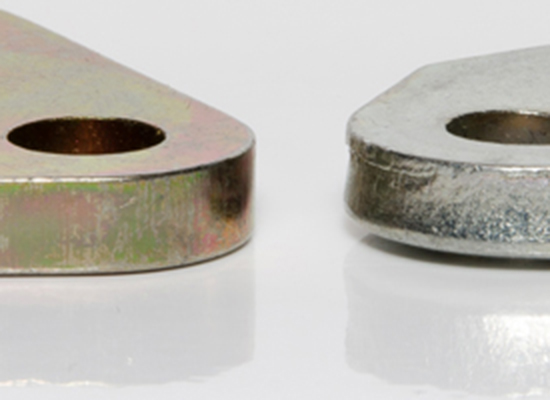
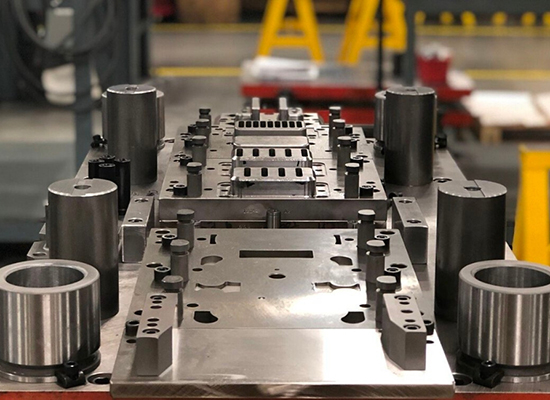
Deep drawing is a stamping process uses a mold to transfer a flat blank into an open cavity part, producing cylindrical, rectangular, stepped, spherical, conical, parabolic and other irregularly shaped thin-walled parts. The material is actually forced into a plastic state as it is dragged over the die radius and down into the die. This compression process is done under calculated and very controlled conditions involving blank-holding pressures, punch and die radii, punch speed, and lubrication. Deep drawn parts are used across a diversity of industries—from electronics to automotive and refrigeration, plumbing, and lighting.
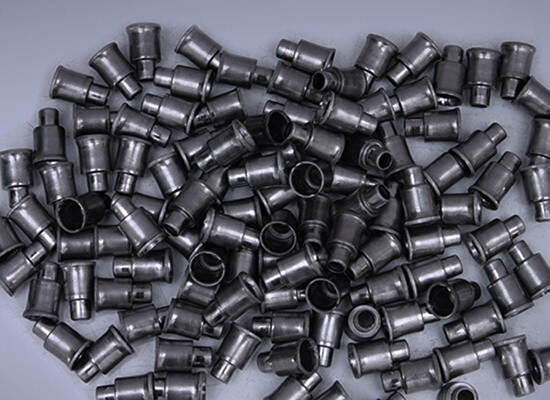
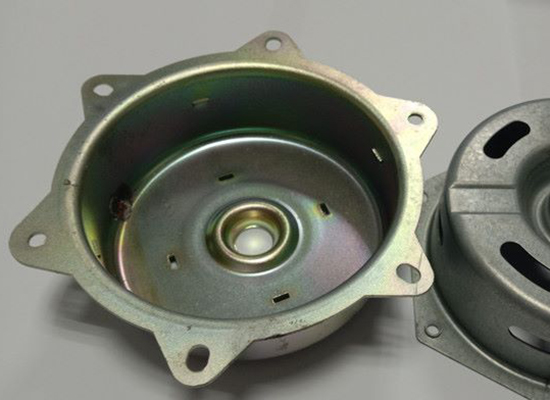
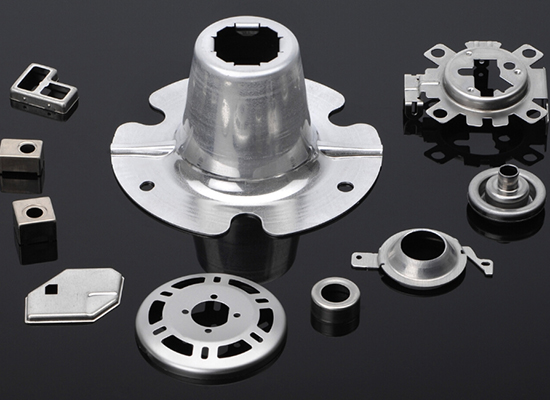
Picturesof finished samples
Progressive die stamping (also called continuous die) consists of several individual work stations, each of which performs one or more different operations on the part. The part is carried from station to station by the stock strip and is cut out of the strip in the final operation, including punching, blanking, bending, trimming, and deep drawing and more. It is widely used to produce parts for various industries, such as automotive, electronics and appliances.
The decision to produce a part in progressive die or continuous die is dependent on size, complexity and volume of production. Progressive die stamping is used to produce a large number of parts and keep the costs as low as possible.
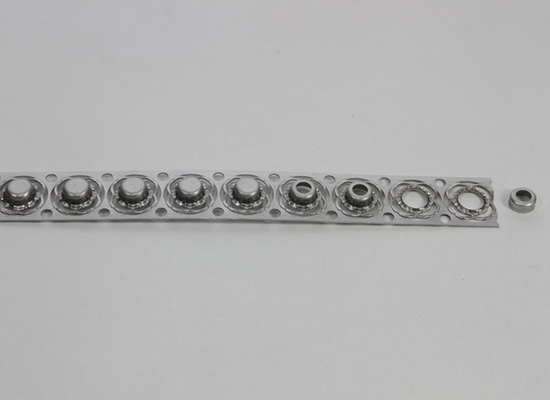
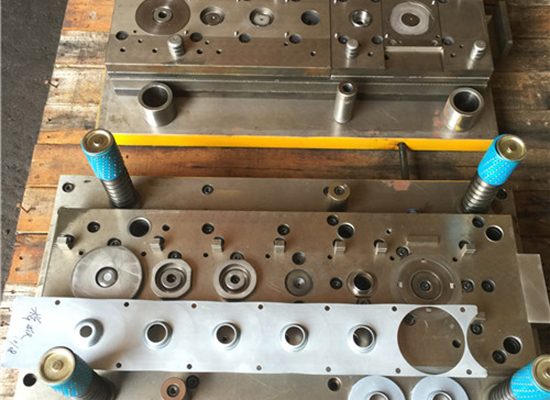
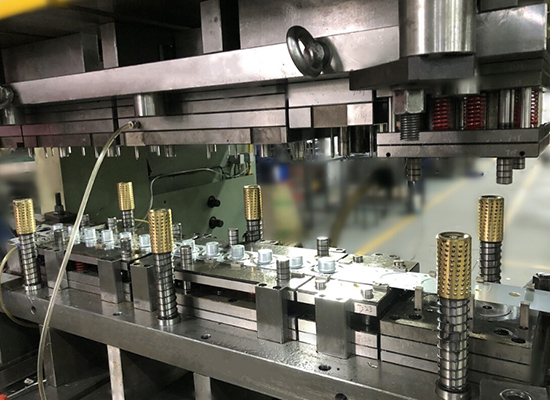
Bending is the process of twisting and flexing sheet metal into a desired shape. The bending process for metal results in a plastic deformation which stresses above the yield point but below the tensile strength. The sheet blank is bent along a straight line into required shapes, such as ‘L, U, V, Z’ shaped profiles.
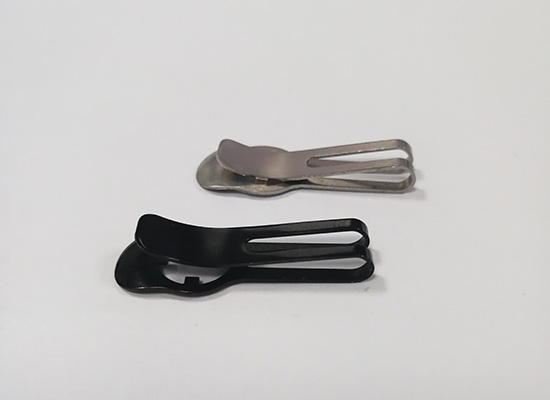
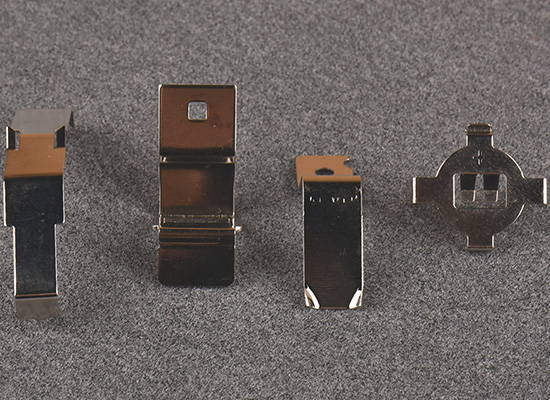
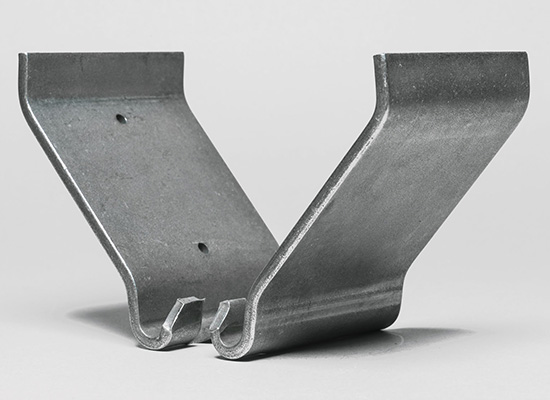
Metal stamping offers a wide range of benefits when you need a large volume production, there is some primary benefits:
1. Lower costs: Budget friendliness is the biggest advantage of metal stamping. Once the dies have been made, manufacturers can create high-volume runs of stamping parts at a low cost. And the overall cost of manufacturing can be significantly reduced due to less labor and reused stamping die.
Precision: Metal Stamping allows you to get extremely precise cuts and shapes, and create parts with many geometries within a single die. It is best suited to projects that have low tolerances for errors.
2. Material Efficiency: Metal stamping processes use sheet metal to create parts. Sheet metal is efficient and doesn’t add wasteful heft or thickness to the part. Sheet metal can be used for an array of parts, including structural elements, the chassis, and mechanical components in the engine or transmission systems.
3. Automation: Metal stamping provides high automation and makes it possible to integrate subordinate procedures such as tapping in a stamp, welding in a stamp, etc. Not only does this reduce the risk of human error or inconsistency, but it also lowers labor costs and keeps employees safe.
Our stock thickness for metals ranges from 0.2mm to 8mm with pre-plated and finishing options. If you have trouble in choosing the material grade for your precision metal stamping parts. Please refer to the following material table, or you could tell us directly, our team would help you find the most cost-effective material for your project. We work with a complete range of materials to offer customers a large choice in specifications, including:
Stainless Steel: SS201, SS301, SS303, SS304, SS316, SS416 etc.
Steel: mild steel, Carbon steel, 4140, 4340, Q235, Q345B, 1020, S45C etc.
Brass: H59, H68, H80, H90, HPb63, HPb62, HPb61, HPb59, etc.
Copper: C11000, C12000, C12000, C36000 etc.
Aluminum: 5052, 6061, 6063, 6082, 7075, A380 etc.
Iron: A36, S45C, 1213, 12L14, 1215 etc.
Plastic: ABS, PC, PE, POM, Nylon, PP, Peek etc.
Beryllium Copper: C17200, C17300, C1720
With over 800 square meter of manufacturing space, we have the capabilities to offer you a complete turnkey metal stamping solution. Our wide range of metal stamping presses from 10-ton to 150-ton offers our customers the flexibility to take care of the most demanding requirements. Production runs from 10 pieces to tens of thousands.
Complete stamping services include blanking, coining, bending, drawing, forming and piercing.
Custom tooling designed and manufactured by Yuhe’s tool and die department, including single-stage, compound, and progressive dies. Our staff will work with you to develop the most effective tooling to manufacture your part based on the material, complexity of the part and the quantity required.
Surface finishing is an important way to make products more resistant to corrosion and vivid to look. Yuhe Machinery offers a wide variety of value-added finishing options. Here are some factors considered when choosing a finishing method.
Surface
Choose the right surface to your precision stamping parts
Picturesof finished samples
As Machined
Ra 3.2~Ra 12.5 µm.
Micro processing traces to Micro machining tool marks.
No further surface treatment after the part is machined. If the products don’t need special surface protection or decoration, it can be fine and cost effective to choose none surface finishing requirement.
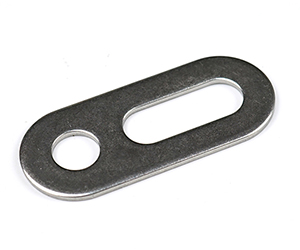
Smoothed surface
Minor direction of processing lines
We keep lower feed rate and high speeding spindle to control the surface
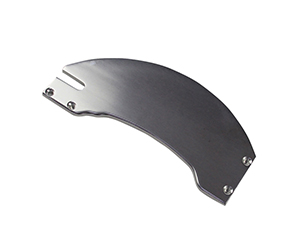
Anodized surface
Anodizing is an electro chemical process that converts the aluminum into a decorative, durable, corrosion-resistant, anodic oxide finish. Available in a variety of colors, like Blue, red, black, etc.
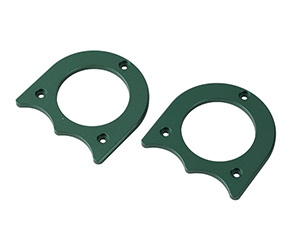
Powder Coating
Powder coat paints with texture (Sandtex Polyester and Textured Polyester) will cover tool marks with no additional finishing operation. Available in a wide range of colors.
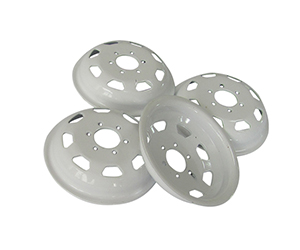
Electropolished finish
Electropolishing is an electrochemical process used to polish, passivate and deburr metal parts. It is useful to reduce surface roughness.
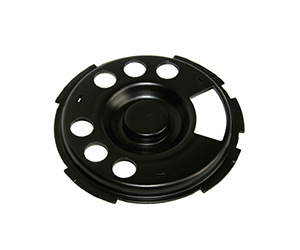
Black oxide
Black oxide is a conversion coating used to improve corrosion resistance and minimize light reflection.
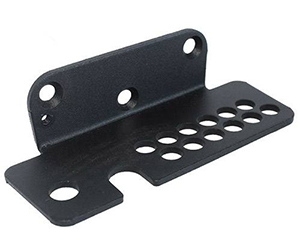
Zinc Plated
Zinc plating is a process also known as galvanization, it is the deposition of a thin layer of aluminum onto a metal component to provide a protective layer.
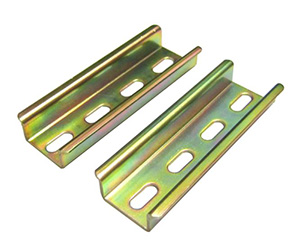
Nickel Plated
Nickel plating is a technique of electroplating a thin layer of nickel onto a metal object Electroless nickel plating, an auto-catalytic chemical technique used to deposit a layer of nickel-phosphorus or nickel-boron alloy on a solid workpiece.
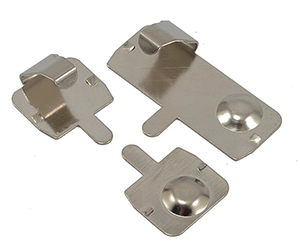
Wire drawing
It is used for decorating surface, chrome plating can also serve as a layer of protect in as well. It is applied to metal objects when three is an increased opportunity for corrosion to occur.
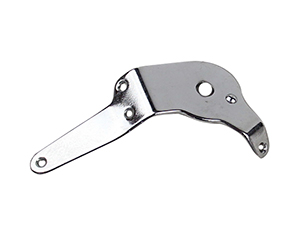
Chromate Plated
Surface wire drawing is a surface treatment method that forms lines on the surface of the workpiece by grinding products to achieve a decorative effect. It can clearly show every minute trace, so that the metal matte shines with fine hair luster, and the product has a sense of fashion and technology.
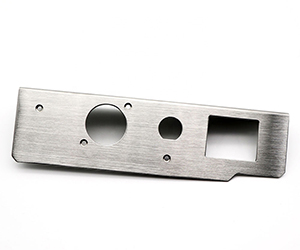
Many of the die stamped parts we produce require assembly, so we provide in-house assembly service to accommodate our customers various demand. Assembly services can save your time, by having a single source, one P.O. to issue and parts ready for your production line.
We put in place assembly services in anticipation of options that may be needed in order to provide you a quote that includes delivering you parts as complete as possible and providing the most cost-effective solution we can.
Components that have been created via metal stamping are commonly used in the following industries:
Electronic, Appliances, Lighting, Furniture, Communications, Automotive, Motorcycle, Industrial machinery, Medical device, Construction
Reason 1. Instant quoting: Quote can be offered within 2 hours.
Reason 2. Fast Delivery Time: Only 5-7 days for prototype, 7-15 days for mass production.
Reason 3. Reliable Quality Assurance: Fraction defective rate can be controlled within 1%.
Reason 4. Effective Communication: 24 hours online service with our professional team.
Reason 5. Free Samples: We can prototype free samples in a simple way for your testing.
Reason 6. No Limited MOQ: Small order also is welcomed.
Reason 7. Design service: Design assistance and full engineering support.
Reason 8. Strong production capacity: 500,000pcs monthly of sufficient production capacity. Reason 9. Low prices: Low operating cost and innovative ideas enable to offer very competitive price.
Reason 10. One stop service: Including molding, assembly, logistics supports.